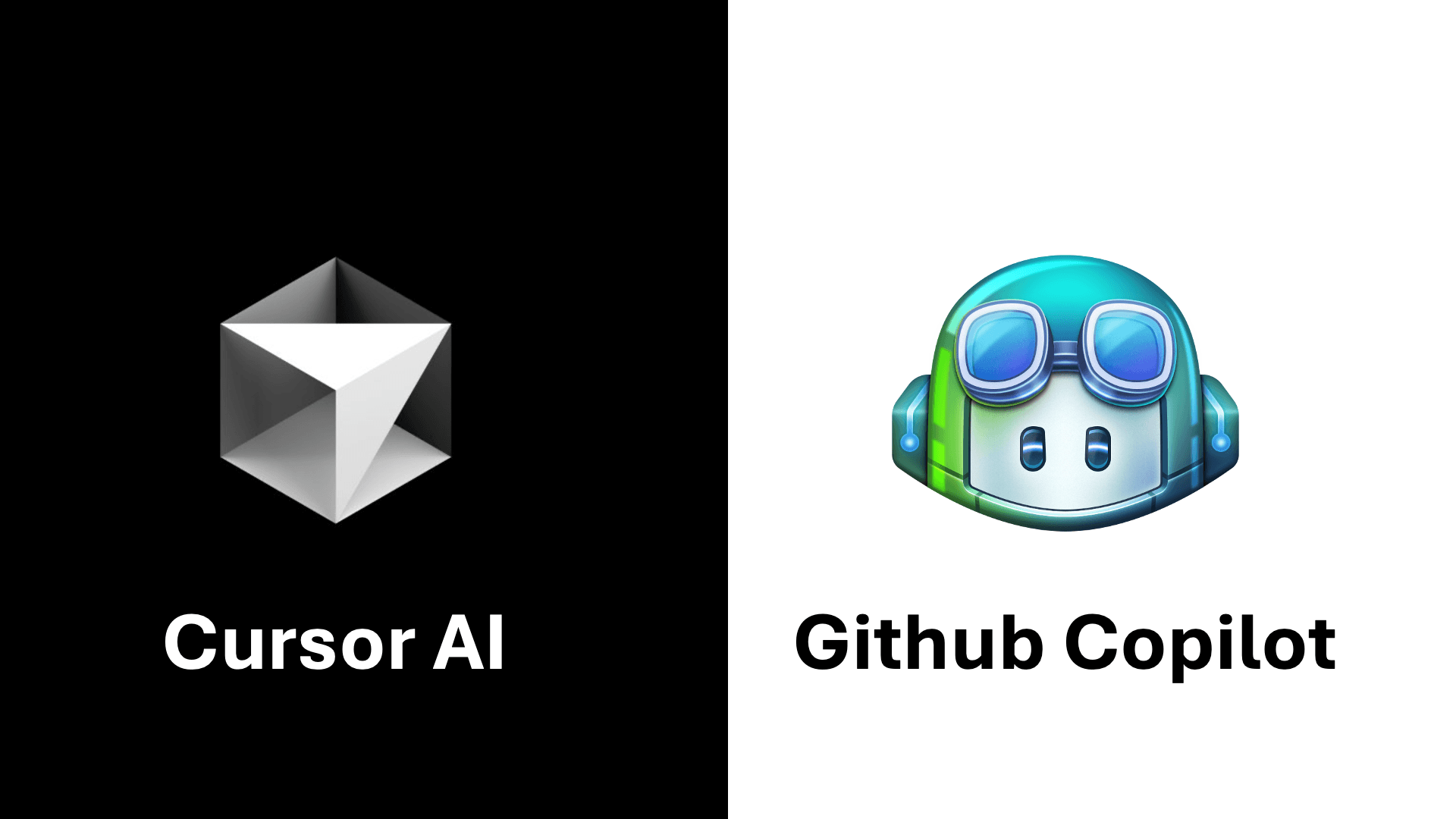Will GitHub Copilot's Integration of OpenAI o1 Spell the End for Cursor AI?
- Name
- Monica Powell
Updated on

The world of AI-assisted coding tools is experiencing a seismic shift. OpenAI's recent unveiling of o1, a model boasting unprecedented reasoning and coding capabilities, has set the stage for a potential overhaul in how developers interact with code. As GitHub Copilot prepares to integrate this powerful new model, questions arise: Will this advancement render competitors like Cursor AI obsolete? Or is there more to the story?
In this article, we'll explore how the integration of OpenAI o1 into GitHub Copilot could impact Cursor AI and the broader landscape of AI coding assistants.
The Game-Changing Potential of OpenAI o1
OpenAI o1 isn't just an incremental update; it's a leap forward in AI reasoning and problem-solving. Trained to think more deeply and reason through complex tasks, o1 excels in areas like mathematics, coding, and scientific problem-solving. Notably, it has achieved remarkable scores:
- Mathematics: Solved 83% of problems on the 2024 AIME exams, outperforming previous models by a significant margin.
- Coding: Achieved an Elo rating of 1807 on Codeforces, surpassing 93% of human competitors.
- Science: Surpassed human PhD-level accuracy on benchmarks testing expertise in physics, biology, and chemistry.
These advancements suggest that integrating o1 into GitHub Copilot could dramatically enhance its capabilities, particularly in code modification and context understanding—areas where Cursor AI has held a competitive edge.
Cursor AI's Current Advantages
Before the introduction of o1, Cursor AI differentiated itself from GitHub Copilot through two main features:
-
Code Modification Ability: Cursor allows developers to seamlessly modify existing code, not just generate new code snippets. Features like multi-line editing, inline editing, and intelligent prediction make code refactoring and optimization more efficient.
-
Contextual Reference Capability: Cursor offers an intuitive system for context referencing using the
@symbol, providing comprehensive access to the current file, open files, and the entire codebase. This local indexing ensures quick access without compromising privacy.
These functionalities have made Cursor a favorite among developers who require more than just code completion—they need an assistant that can understand and manipulate existing code intelligently.
How o1 Could Level the Playing Field
With OpenAI o1's advanced reasoning and coding abilities, GitHub Copilot is poised to close the gap in areas where Cursor currently excels.
Enhanced Code Modification
o1's chain-of-thought reasoning enables it to break down complex coding tasks into manageable steps, much like a human developer would. This could translate into:
- Smarter Refactoring: Improved ability to understand code structure and make meaningful modifications.
- Error Detection and Correction: Enhanced capability to identify bugs and suggest fixes within existing code.
- Adaptive Suggestions: More context-aware recommendations that align with the project's coding standards and practices.
Superior Context Understanding
With o1's advanced reasoning, GitHub Copilot could offer more intuitive context referencing:
- Deeper Codebase Insights: Ability to understand relationships across the entire codebase, not just the current file.
- Local Indexing: Potential for on-device code indexing, addressing previous privacy concerns associated with remote servers.
- Intuitive Contextual Assistance: More user-friendly mechanisms for referencing code context, possibly rivaling Cursor's
@symbol system.
Potential Impact on Cursor AI
The integration of o1 into GitHub Copilot could pose significant challenges for Cursor AI:
- Loss of Competitive Edge: If GitHub Copilot matches or surpasses Cursor's key features, developers may have less incentive to switch or continue using Cursor.
- Market Share Decline: GitHub Copilot's larger user base and integration within the GitHub ecosystem could make it the default choice for many, squeezing Cursor out of its niche.
- Pressure to Innovate: Cursor will need to accelerate its development and introduce new features to maintain its relevance.
Why Cursor AI Might Still Hold Its Ground
Despite the looming threat, there are reasons to believe that Cursor AI could survive—and even thrive:
Specialized Focus
Cursor's development is laser-focused on enhancing the developer experience in specific areas:
- User-Centric Design: Features tailored based on direct feedback from its user community.
- Flexibility and Customization: Potential for more customizable settings and integrations that cater to specialized workflows.
Agility and Innovation
As a smaller player, Cursor may be more agile in responding to industry changes:
- Faster Iterations: Ability to roll out updates and new features more quickly.
- Niche Features: Introduction of unique functionalities that larger platforms might overlook.
Community and Support
A dedicated user base can sustain a product even in the face of stiff competition:
- Strong Community Engagement: Active forums, user groups, and support channels can enhance user loyalty.
- Third-Party Integrations: Partnerships with other tools and platforms can expand Cursor's ecosystem.
The Broader Implications for AI Coding Tools
The integration of OpenAI o1 into GitHub Copilot doesn't just affect Cursor; it signals a shift in the AI coding assistant landscape:
- Increased Competition: Other AI coding tools will need to up their game to stay competitive.
- Innovation Acceleration: Advancements in AI models like o1 push the entire industry forward.
- User Expectations: Developers will come to expect higher levels of performance and features, raising the bar for all tools.
Conclusion: An Evolving Landscape
While the integration of OpenAI o1 into GitHub Copilot could pose a significant challenge to Cursor AI, it's not necessarily a death knell. Cursor's specialized features, agility, and dedicated user base may help it retain a place in the market. Moreover, competition often breeds innovation, which could lead to even better tools for developers in the long run.
As AI models become more advanced, the key differentiator may shift from raw capabilities to how well these tools integrate into developers' workflows and meet their specific needs. Whether Cursor can adapt and find new ways to offer value remains to be seen, but one thing is clear: the race is on, and the biggest winners are likely to be the developers who benefit from these rapidly evolving tools.